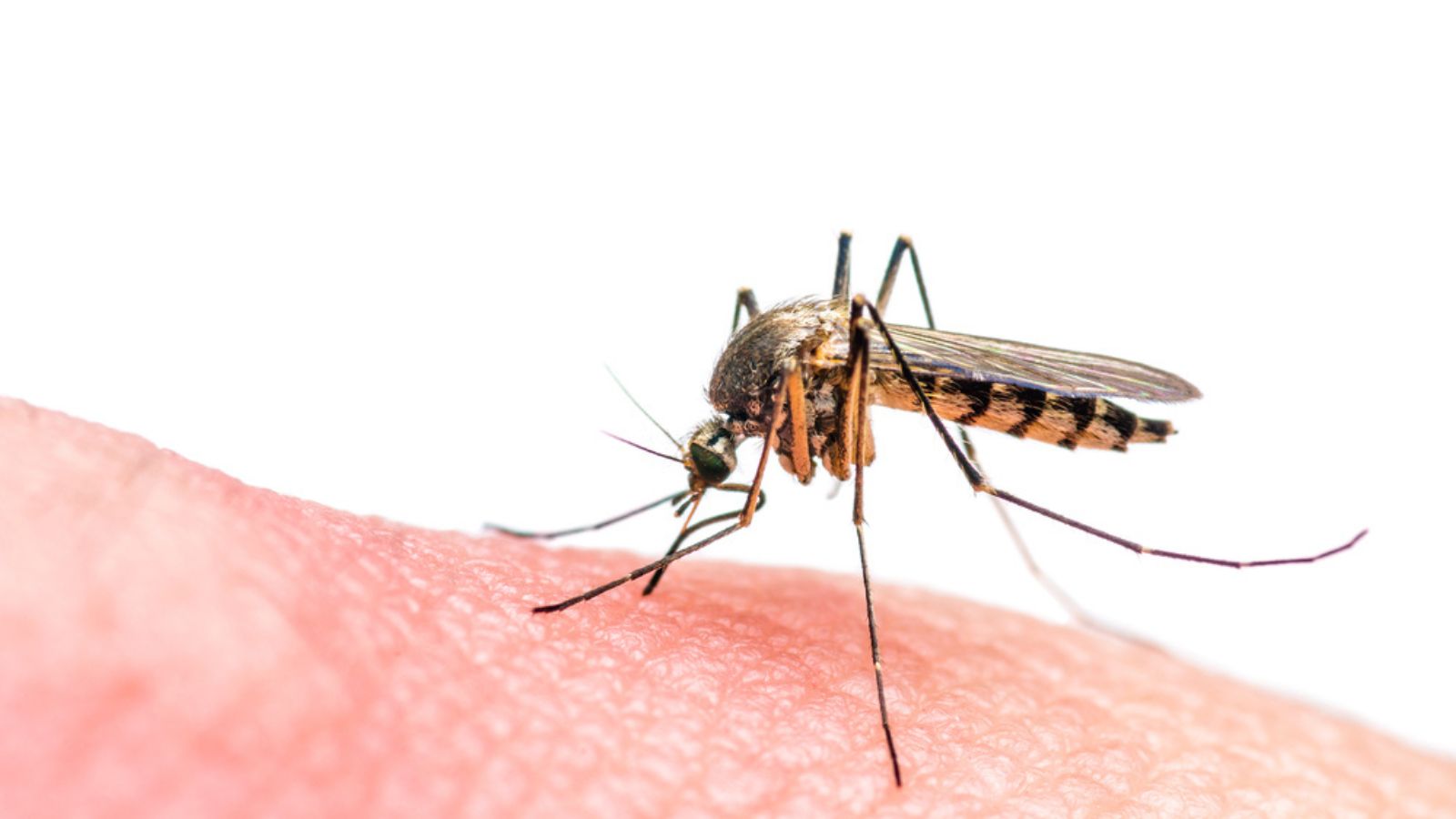“Unveiling Nature’s Most Lethal Predators: Are You Brave Enough to Discover the 15 Most Dangerous Animals on Earth?”
Be cautious when swimming or wading in crocodile-infested waters, and avoid approaching these animals on land. Crocodiles are opportunistic feeders and can attack quickly and without warning.
9. Tapeworms (700 deaths annually)

These parasitic worms can infect humans through contaminated food or water. While most infections are mild, some tapeworm species can cause serious complications, including malnutrition, organ damage, and even death.
Practice good hygiene, thoroughly cook meat, and avoid consuming raw or undercooked fish to prevent tapeworm infection. Regular deworming programs in high-risk areas can also help reduce the prevalence of these parasites.
10. Hippopotamus (500 deaths annually)

Despite their herbivorous diet, hippos are surprisingly aggressive and territorial animals. They are responsible for more human deaths in Africa than any other large animal, often attacking boats and people who encroach on their territory.
Maintain a safe distance from hippos, especially when they are in the water or with their young. Hippos can charge at high speeds and inflict serious injuries with their powerful jaws and teeth.
11. Elephants (500 deaths annually)

These majestic creatures are generally peaceful, but they can become aggressive when threatened or agitated. Elephant attacks can be deadly, especially when they occur in close proximity to human settlements.
Respect elephants’ space and avoid provoking them. If you encounter an elephant in the wild, maintain a safe distance and observe it from afar. Do not attempt to feed or approach elephants, as they can quickly become unpredictable.













